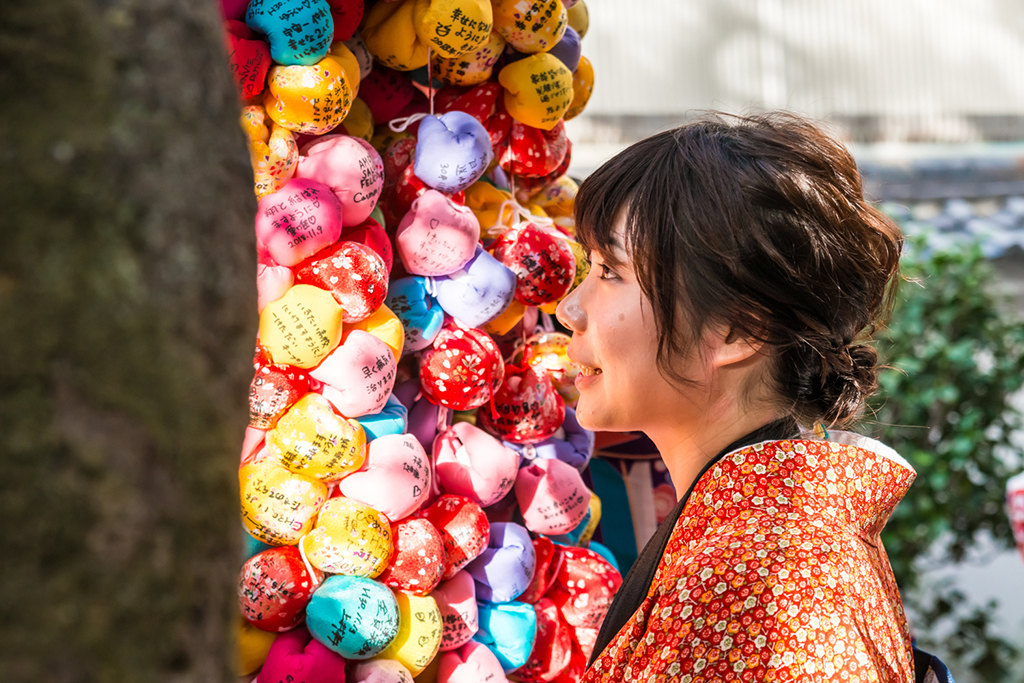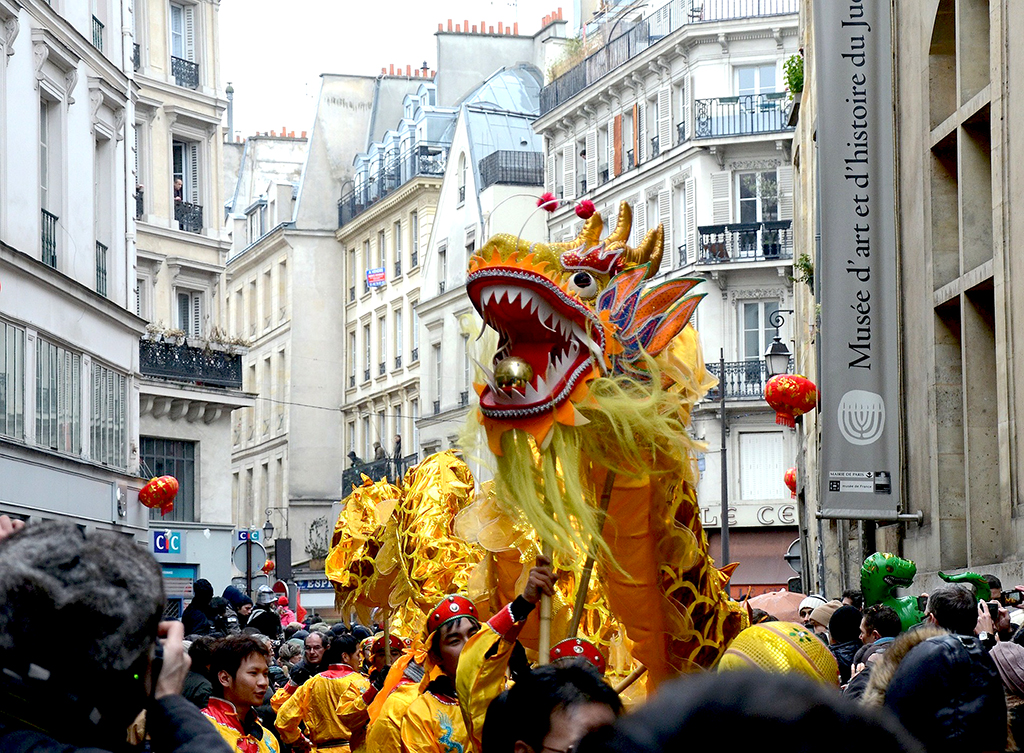These days we are all congratulating the New Year and expressing our best wishes for 2019. However, if you are an expatriate in countries like China, Singapore or South Korea the year has not changed yet.
Officially, much of the world is already in the new cycle, but in a more mystical way, many Asian countries still live in the past year or “the Year of the Dog”. It won’t be until a few weeks, the 5th of February, when ‘’the year of the Pig’’ will begin.
If you are an expatriate in any of these countries, this will affect you at a holiday level (during this season the largest number of people traveling occurs), a daily standard of living level and of course a business level. If you have businesses with China or want to make a commercial trip, you should take these factors into account. The celebrations for the new year will begin on February 4, equivalent to New Year’s Eve, and end on February 19.
This is celebrated as in the ancient Chinese tradition and, in a good part of Asia, a polytheistic religious current of adoration was followed, among others, to heaven and earth through the lunar calendar. Although today, the holiday is more playful or traditional for many people it still has that religious component.
The date of the Chinese New Year, as already mentioned, is marked by the lunar calendar, and changes every year, but always in the period from January 21 to February 20.
It is traditionally celebrated for 16 days, from the eve until the Lantern Festival (February 19, 2019). The festive days of the 7-day Spring Festival will be from February 4th to 10th, 2019.
It is the Lunar New Year, the first day of the lunar calendar in China, which is within a day of the second new moon before the lunar phase of the spring equinox. Interestingly, it is called the Spring Festival, although it is winter in most of China, because “it waits for spring”.
As in most Western countries or Catholic religion you will not be able to maintain a normal activity, because religious festivities often mark holiday periods, as are Christmas or Easter, something very similar will happen in China. For example, China’s public institutions will have 7 consecutive days of vacation during this period.
Celebrating the New Year outside of China?
For example, in Madrid the city council promotes the celebration with neighbors and visitors of the Chinese New Year that will tour the entire city with a great cultural and festive program. The Usera neighborhood, Plaza de España, the Chinese Cultural Center and the Confucius Institute will offer citizens concerts, workshops, parades, fairs and gastronomic routes to raise awareness of Chinese culture. In addition, there are establishments that organize celebrations that can be similar to New Year’s Eve and New Year’s and associations that also promote leisure and cultural activities.
In Barcelona, a large parade will take place on February 2 in the neighborhood of Fort Pienc promoted by the Confucius Institute Foundation of Barcelona.
If you will not be in China or Spain and you are in New York for the celebration because you are traveling or you are expatriated there, you can also celebrate it.
The Chinese New Year is so popular already in New York that in Chinatown it has a great celebration. More than half a million people can see it. In addition to the Chinese community living in New York, the celebration is joined by cultural groups and artists from Korea, Vietnam, Japan, Taiwan, Singapore and Malaysia, including North Americans and many Hispanics.
I hope all this information will be useful for you to live a different expatriation in 2019 or simply to celebrate New Year in a different way.
HAPPY NEW YEAR!
Xīnnián kuàilè! 新年快乐








Leave A Reply